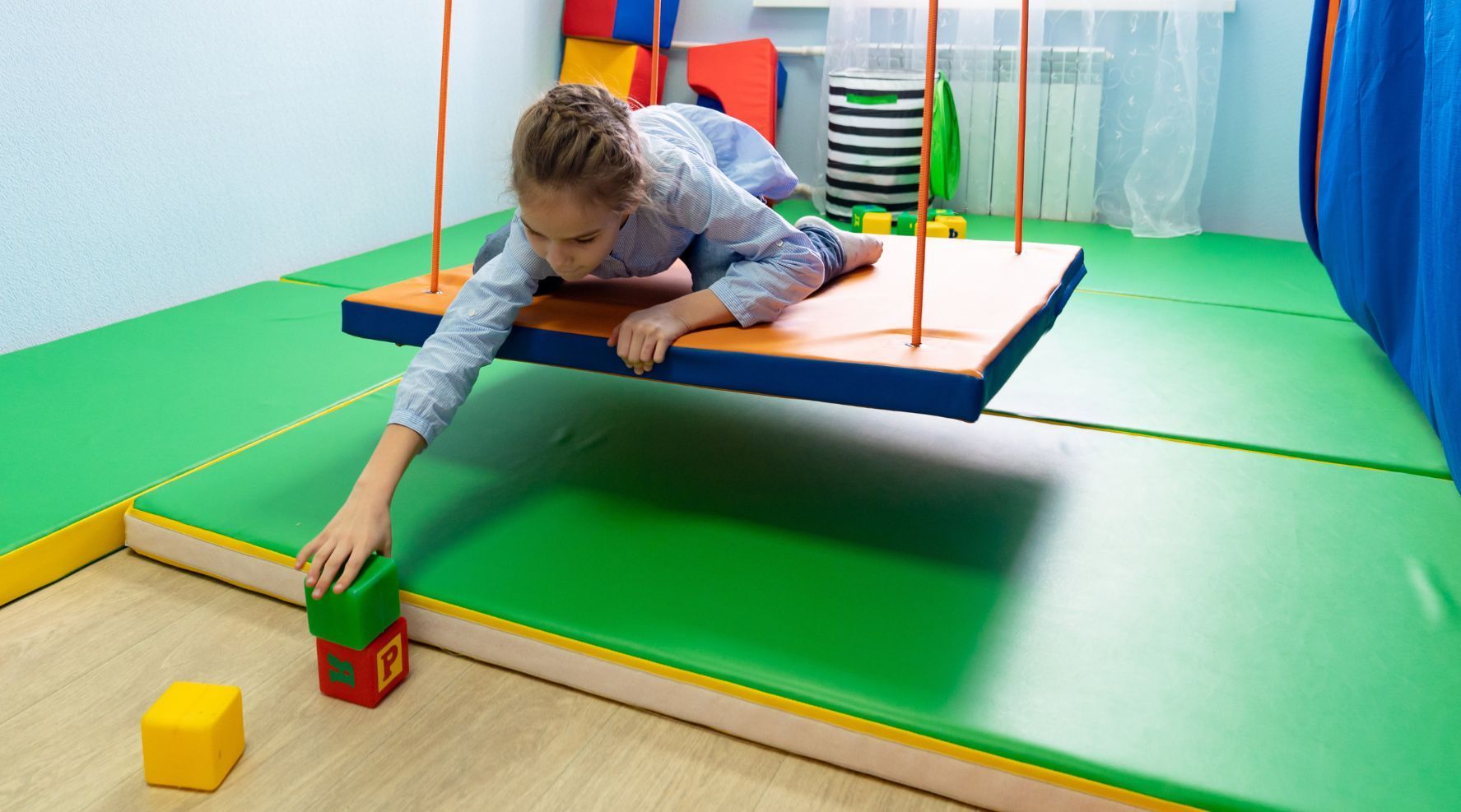Daily Coping Tips for Children With Autism
Every person with autism is different: in the autism community, a common saying is, “If you’ve met one person with autism, you’ve met one person with autism.” There is no one-size-fits-all approach. But these daily coping tips for children with autism should help calm, redirect, or comfort them when they become frustrated or overwhelmed.
Plan for When You Can’t Avoid Triggers
Sealing your child away from everything that makes them anxious is impossible. After all, a parent’s main job is to enable their child to live without them.
Parents of children with autism quickly learn what triggers an extreme reaction. Rather than trying to avoid the trigger, they plan a strategy for what to do when their children encounter sounds, textures, smells, emotions, or people that can cause a meltdown.
Providing a fidget toy, a favorite stuffed animal, a crunchy snack, headphones, or a simple breathing exercise will help your child identify when they are beginning to feel overwhelmed and develop strategies for coping with that feeling.
Maintain Routines
Transitions are difficult for most children with autism. A sudden change in routine can cause anxiety or a full-blown meltdown. If you know a change is coming, give your child plenty of advance warning. This can be anything from, “We’ll be leaving the park in five minutes,” to, “On Tuesday this week, we’re having turkey, not tacos.”
Have a backup plan for unexpected changes in schedules or routines. If a weekly trip to the park is rained out, be ready to offer an alternative, such as playtime in a home sensory gym or a trip to a children’s museum that has sensory gym equipment. If Mom will be home late from work, perhaps a quick video call will help their nervous child wait longer.
Use Simple, Concrete Words and Visual Communication
Many people with autism find abstract concepts difficult to understand. Use simple, concrete sentences for verbal communication. Add visual supports, such as the PEC system (picture exchange communication system), to help your child with autism communicate how they are feeling or what they need.
Provide Simple Choices
Instead of asking, “What do you want for lunch?” say, “Do you want a turkey sandwich or a chicken salad sandwich for lunch?” Offering concrete, simple choices instead of open-ended options is an effective coping tip for children with autism , relieving them of the anxiety of trying to “think up” what they want. Simple choices provide boundaries within which a child with autism can be more comfortable making decisions.
Practice Patience, Empathy, and Gratitude
When a child with autism melts down, they are in pain. They may be overwhelmingly frustrated that they can’t communicate their feelings or needs, they may be terrified by loud sounds or bright lights, or they may be sad that they don’t know how to join in playtime with other kids.
Be kind, understanding, and present for your child. If your child is too out of control to accept a fidget toy or to put on headphones, you may need to simply sit with them until the meltdown passes, regardless of intrusive looks or comments from others.
Children with autism are challenging gifts, allowing parents a chance to experience another realm of human possibility. Embracing them exactly as they are communicates acceptance, which can be reassuring in itself.





